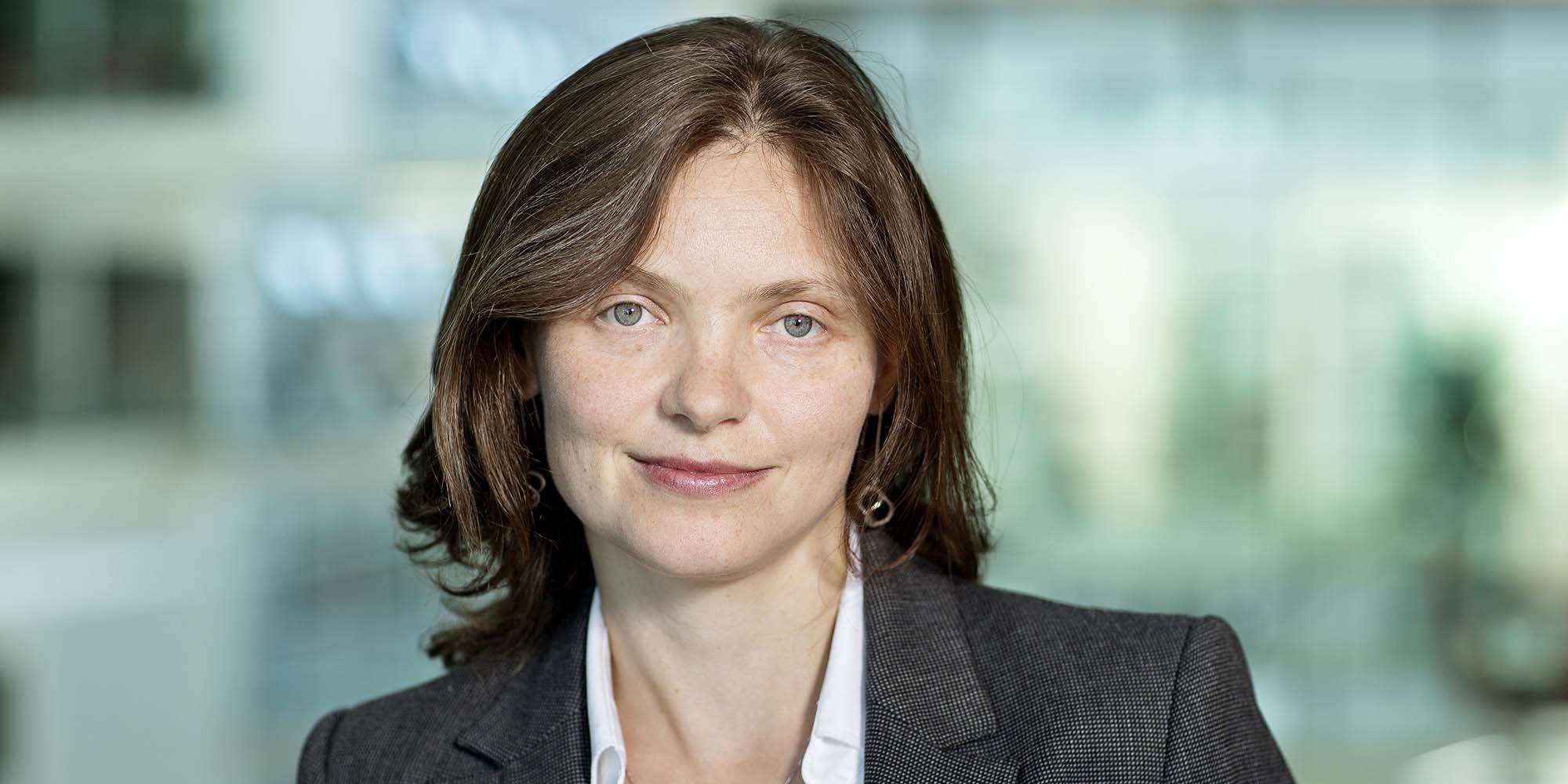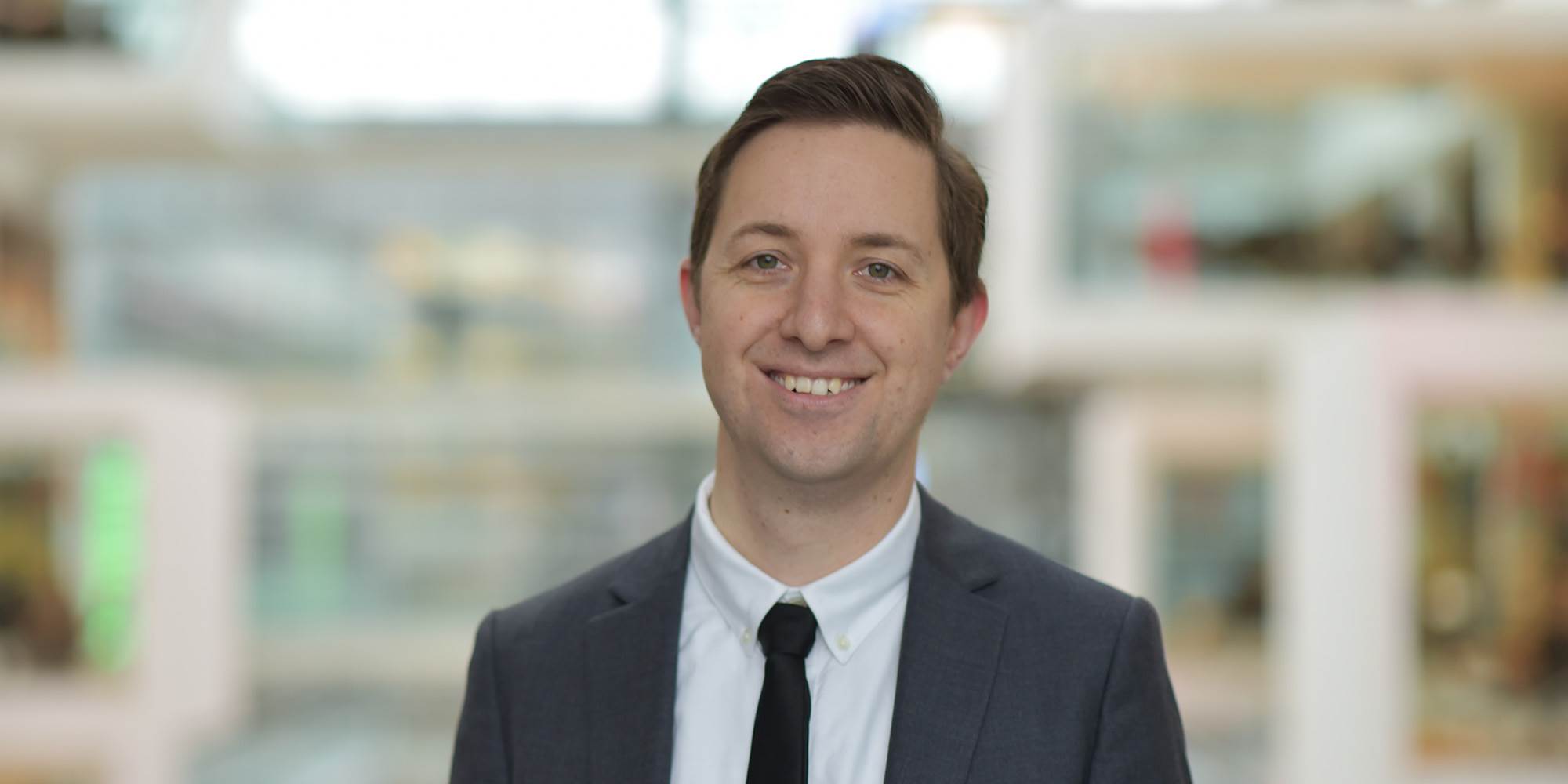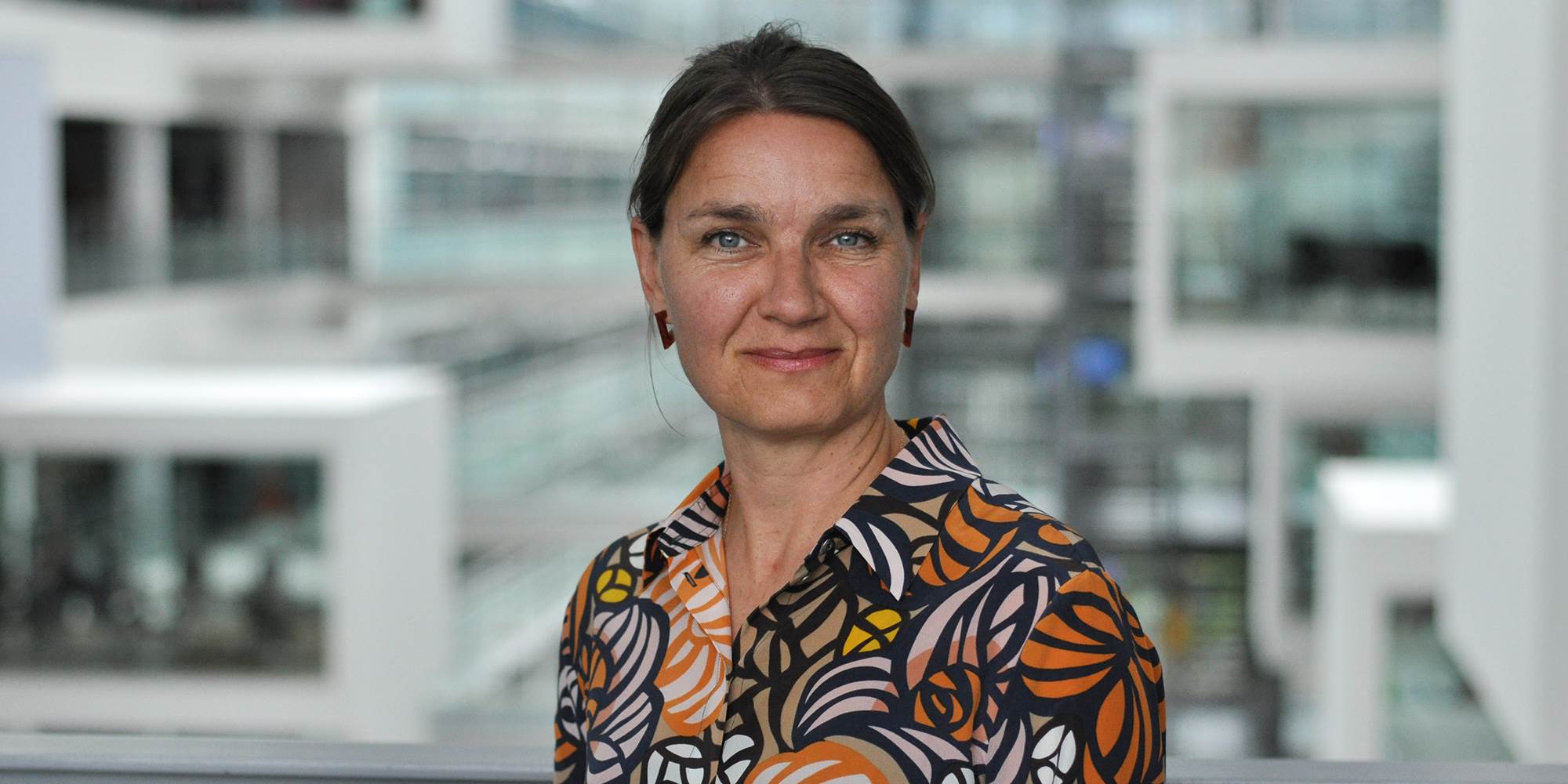What can we learn from the Facebook data scandal?
The Cambridge Analytica scandal where data from 87 million Facebook users was abused has raised concerns and debate about the implications of sharing personal data with global tech companies. Here, three ITU researchers reflect on what we can learn from the scandal.
Business IT DepartmentDigital Design Departmentsocial mediaprivacyAske KammerBrit Ross WinthereikIrina Shklovski
Written 7 May, 2018 07:36 by Vibeke Arildsen
Advertising is powerful
"For all intents and purposes what Cambridge Analytica was selling was targeted advertising, albeit for political campaigns. In many ways though, the technology is the same targeted advertising machine available for selling shoes and vacation packages. Perhaps the most common response to concerns about data disclosure to advertisers is “it’s just advertising and it is nicer when advertising is relevant, so what’s the problem?”
 According to Irina Shklovski, the Cambridge Analytica scandal shows the consequences of letting algorithms predict and accomodate our desires.In my courses on critical data studies, I have often asked students to conduct some experiments with limiting how much data they disclose. Increasingly, my students react unfavorably to such assignments, arguing that they would rather have good, relevant and potentially interesting advertising. They do not see a reason for why they should mislead advertisers about their needs, wants or preferences.
According to Irina Shklovski, the Cambridge Analytica scandal shows the consequences of letting algorithms predict and accomodate our desires.In my courses on critical data studies, I have often asked students to conduct some experiments with limiting how much data they disclose. Increasingly, my students react unfavorably to such assignments, arguing that they would rather have good, relevant and potentially interesting advertising. They do not see a reason for why they should mislead advertisers about their needs, wants or preferences.
Cambridge Analytica has amply demonstrated the power of advertising and its implications for far more than merely the purchase of shoes. Advertising, it turns out, can break democracies. This offers an opportunity to really consider what targeting really means and some broader implications of the rush to algorithmically predict and accommodate our desires."
Irina Shklovski, Associate Professor, Business IT Department
Unclear how to categorize Facebook
"'Senator, we run ads,' Mark Zuckerberg responded during Facebook hearings at the US Congress to a question from Senator Orrin Hatch about how Facebook makes a revenue without user payment. The question and answer illustrate a central issue around Facebook, namely that many (also in academia) have a hard time understanding what it really is and how it works.
 Is Facebook a tech company or a media company? It has become clear that the platform is difficult to categotize, says Aske Kammer. Is Facebook a tech company that just develops software and along the way became a very central channel for human communication? Or is it a media company because it selects and distributes massive amounts of content? Should we think of Facebook as infrastructure for communication and social organization? Or is it first and foremost an advertising platform where companies are connected with potential customers? Or something quite different?
Is Facebook a tech company or a media company? It has become clear that the platform is difficult to categotize, says Aske Kammer. Is Facebook a tech company that just develops software and along the way became a very central channel for human communication? Or is it a media company because it selects and distributes massive amounts of content? Should we think of Facebook as infrastructure for communication and social organization? Or is it first and foremost an advertising platform where companies are connected with potential customers? Or something quite different?
It is hardly possible to give one correct and comprehensive answer to this question, but it is nevertheless important to consider. It is through categorizing phenomena that we understand them – and thereby define how we can and should address them (for instance through regulation). The Facebook ordeal a good reminder of this."
Aske Kammer, Assistant Professor, Digital Design Department
Data ethics debate is needed
"One of the things we can learn from the Facebook scandal is that both authorities and individuals are responsible for protecting our privacy. Upgrading citizen knowledge information security is a must. For instance, it is important that the conditions for using social media are written in a language that ordinary people understand.
 Creating debate about the significance of data in our society - for instance through a data ethics council - is vital, says Brit Ross Winthereik.In a wider sense, the scandal has taught us how important it is to create good conditions for critical reflection and debate about what it means to live in a society that is infected with data and with dreams about the potential of data. One aspect of this is that data is used and re-used far from the context in which it was produced.
Creating debate about the significance of data in our society - for instance through a data ethics council - is vital, says Brit Ross Winthereik.In a wider sense, the scandal has taught us how important it is to create good conditions for critical reflection and debate about what it means to live in a society that is infected with data and with dreams about the potential of data. One aspect of this is that data is used and re-used far from the context in which it was produced.
Conditions for such a debate could be created by establishing a data ethics council. In a data infected society, it is vital to have an independent unit that can initiate debates on information security, privacy protection and issues related to our digital world that we cannot yet imagine because we don’t know what is technically possible in 5 years."
Brit Ross Winthereik, Professor, Business IT Department
Vibeke Arildsen, Press Officer, phone 2555 0447, email viar@itu.dk